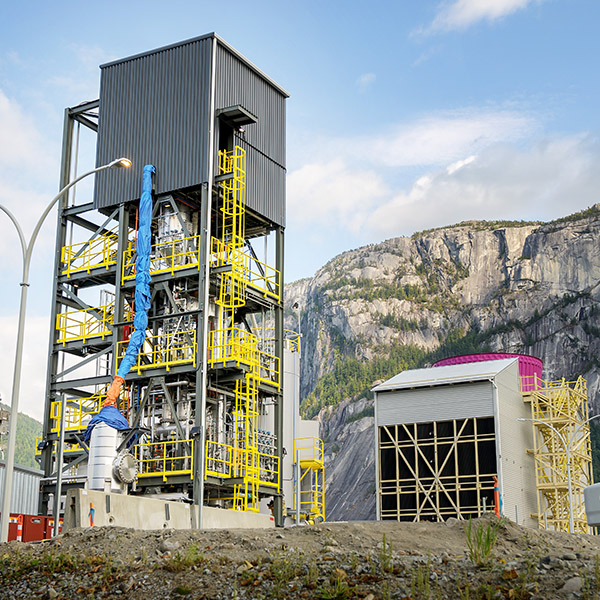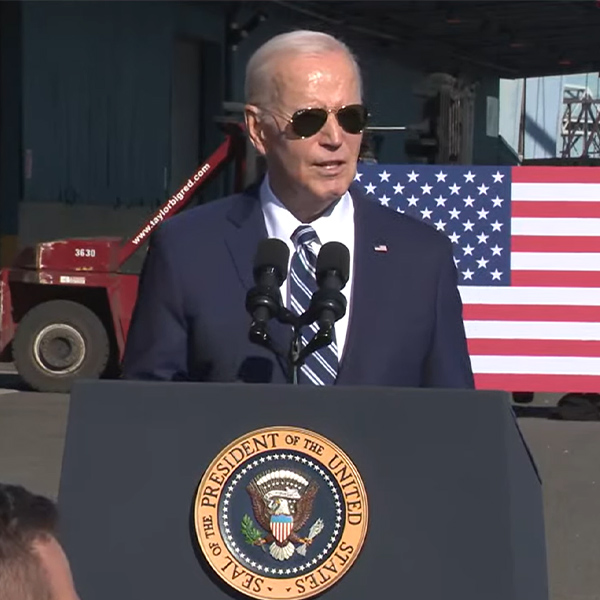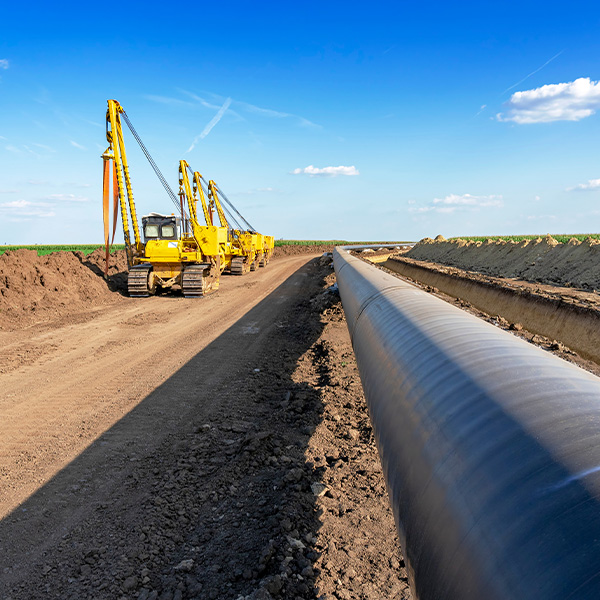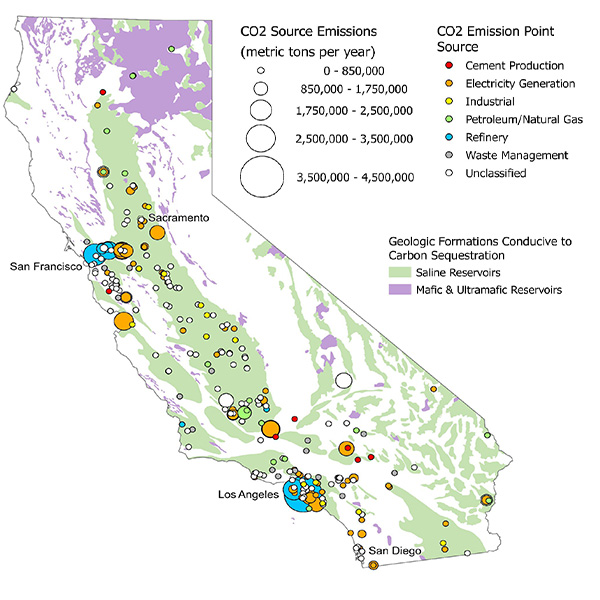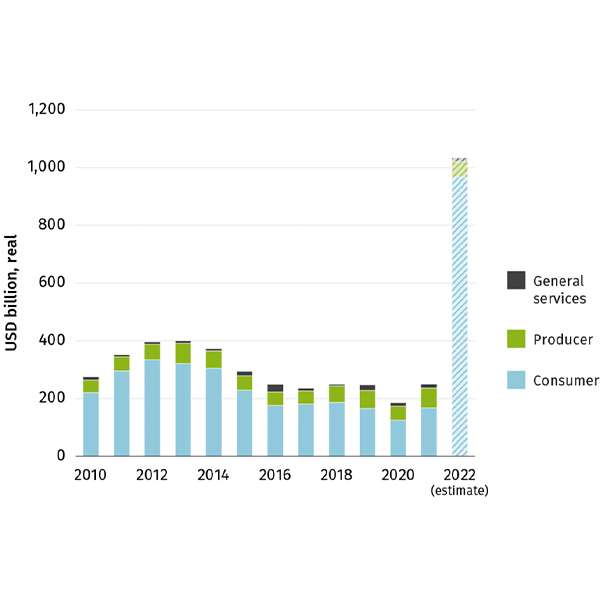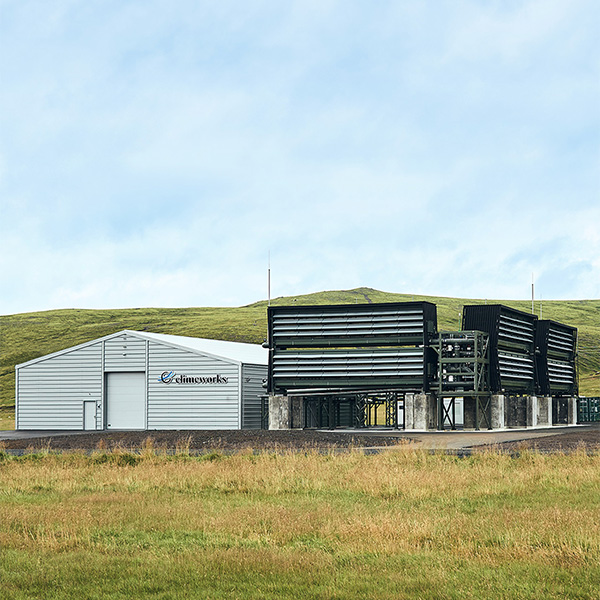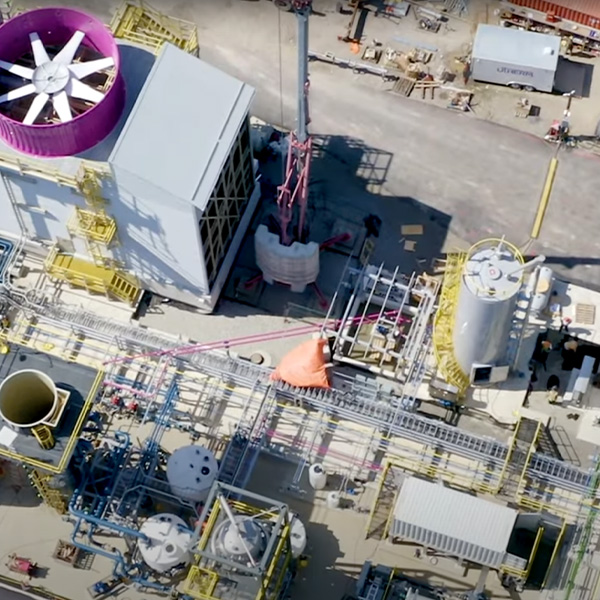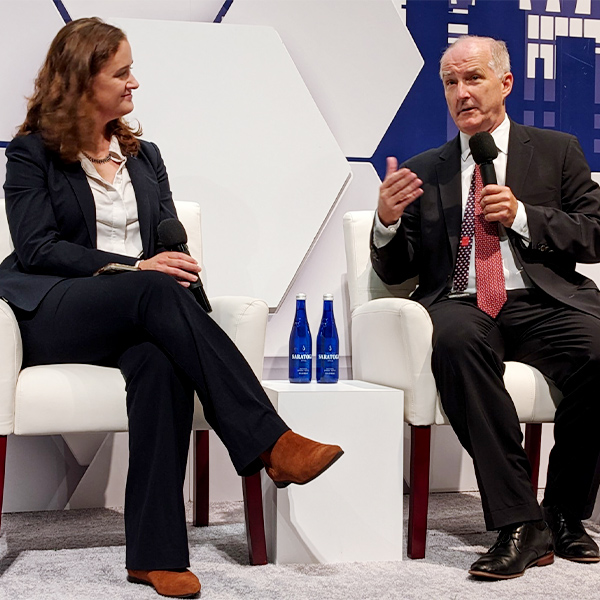Technology
DOE announced a pair of funding opportunities for battery manufacturing and carbon storage designed to spur grid storage, electrification and emission reductions.
FERC hosted a senior EPA staffer and heard from the industry and states on how the environmental regulator's latest proposal to cut carbon emissions from power plants will impact grid reliability as it is implemented.
The hydrogen hubs reflect an attempt to balance the conflicting political and energy industry interests that went into the bipartisan infrastructure bill.
DOE grants will be used to help developers make up the difference in cost between building CO2 pipelines for current demand versus projected future demand.
The California Air Resources Board has started developing a program to manage carbon capture and storage in the state, as required by legislation passed last year.
Global investments in renewables are more concentrated not only in developed countries but also in developed technologies. Solar PV and onshore and offshore wind are accounting for almost 97% of investments.
With plans for two more hubs and ongoing R&D, DOE is building out a U.S. ecosystem for the development and commercialization of carbon management technologies.
The two projects are the first of four hubs to get a slice of the $3.5 billion the Infrastructure bill provided to develop the technology at commercial scale.
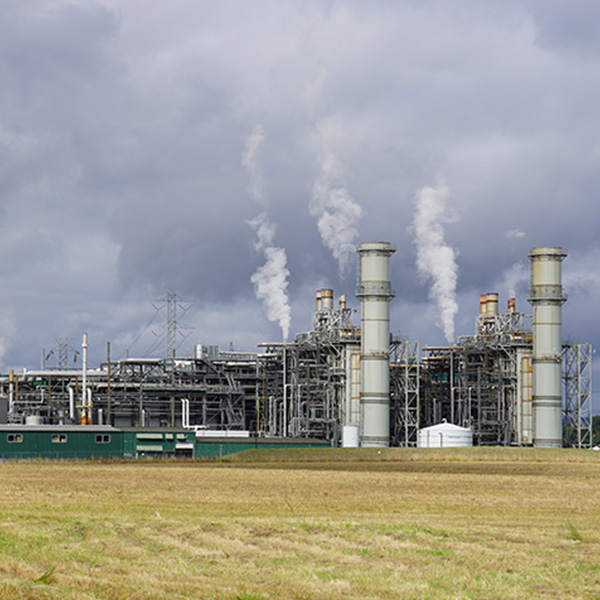
Steven Baltakatei Sandoval, CC BY-SA-4.0, via Wikimedia
EPA received comments on its proposal to regulate greenhouse gases from power plants, with some, including ISO/RTOs, arguing the proposal needed major improvements to preserve reliability.
New technologies upend conventional wisdom that heavy industry — cement, steel, petrochemicals — will be hard to abate or require carbon capture. But how fast can they scale?
Want more? Advanced Search
